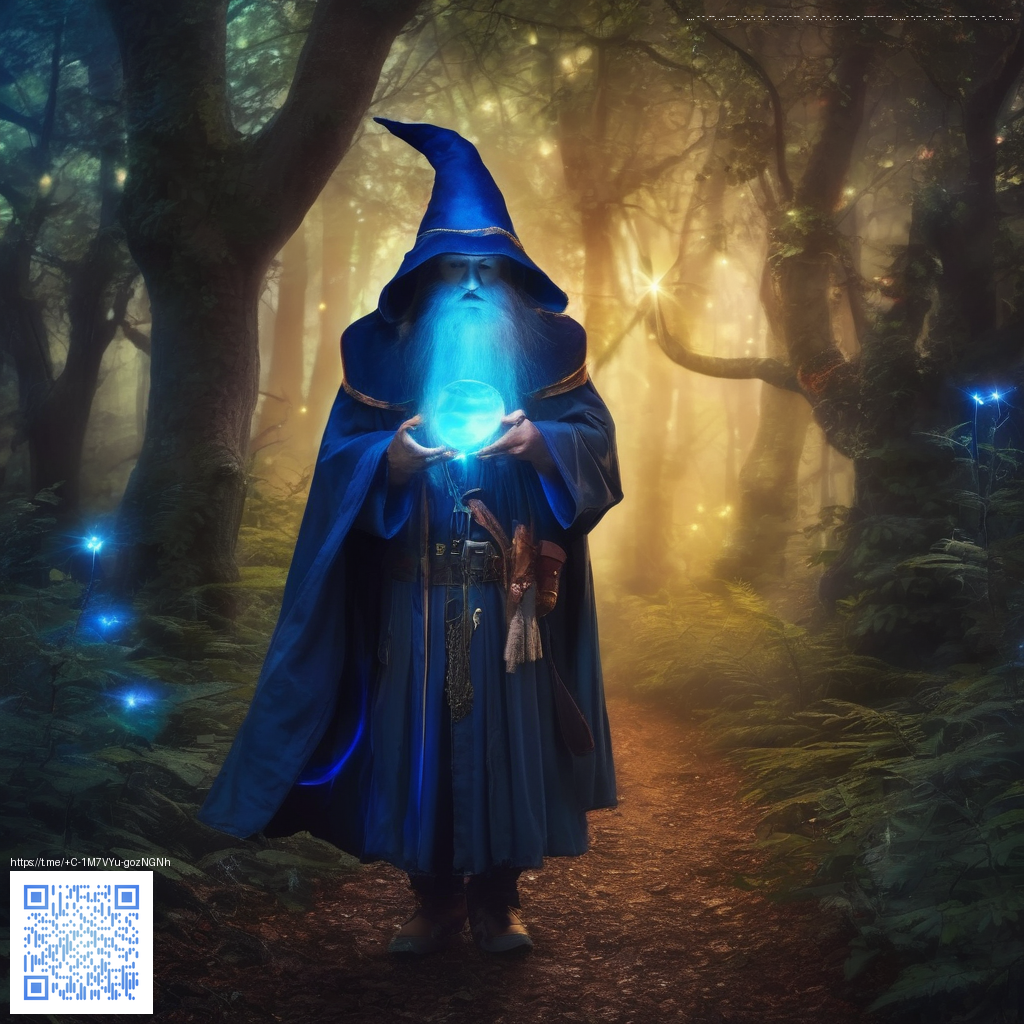
Unwritten Rules of Uncharted 2 Multiplayer Etiquette
The original online arena for this classic shooter set the pace for how players treated each other in heated gunfights. Even years later the community lives by a quiet code that keeps matches spirited rather than spiteful. These unwritten rules blend old school stealth with modern sportsmanship, shaping a multiplayer culture that rewards talent without grinding down newcomers. For fans returning to the arena or newcomers curious about the vibe, understanding these norms can elevate every skirmish from chaos to camaraderie 💠
Core gameplay courtesy
Movement and cover matter as much as precision fire. The art of popping in and out of sight without overexposing yourself is respected as a strategic staple. Players who master timing and line of sight are celebrated, while reckless flanking or blasting through every corridor tends to invite frustration rather than respect. In tight maps, respecting line of fire and not crowding teammates during critical pushes keeps rounds flowing smoothly.
Power weapons and important pickups should be contested with restraint rather than greed. A shared understanding that control of a scarce tool is temporary prevents one side from snowballing the entire lobby. Teammates who yank a rocket launcher away from a nearby ally can earn a reputation for selfish play; those who coordinate a swap or a quick trade earn quiet nods and thanks. In short, think team first, personal glory second, and you’ll find behavior improves across the board 👀
Communication and callouts
Clear, concise information wins games as much as headshots do. Players benefit from quick calls about enemy positions, retreat opportunities, and objective status. But there is a balance to strike: avoid spamming pings or repetitive mic chatter that drowns out actual strategy. A well-timed callout can save a teammate from a bad engagement, while constant chatter can derail a clutch moment. A respectful tone goes a long way, whether you’re leading a squad or farming solo queues.
When a map shifts into player-driven chaos, short tactical updates beat long windups. Short phrases, well-timed pings, and a calm voice can keep a squad focused during tense moments. Community members often appreciate notes about potential ambush points, weapon spawns, and rotation paths that help the team adapt on the fly 🌑
Sportsmanship and fair play
There is a delicate balance between cheeky fun and sour encounters. Taunts and playful banter can lift a mood when kept light and good-natured, but cheap shots and harassment undermine the competitive spirit. The unwritten rule is simple: if it disrupts a teammate’s focus, keep it in check. The best players turn trash talk into momentum, not resentment, and celebrate clever plays regardless of faction.
Respect for teammates extends to how you handle defeats. A quick acknowledgement of a stronger opponent, followed by a calm regroup, creates a healthier ladder for everyone. That approach keeps stair-step progress satisfying and minimizes toxic cycles that chase away players after tough losses.
Updates and meta shifts
While updates in the classic scene may be fewer and farther between, the community keeps a pulse on the evolving meta through shared memories and patched experiences. Map rotations, spawn logic refinements, and weapon balancing discussions surface in forums and private lobbies. Even without constant patch notes, players cobble together emergent rules to adapt to new layouts, encouraging experimentation and collective learning. The vibe is less about dominant builds and more about smart adaptation and mutual respect during every match.
Modding culture and private lobbies
Modding in the era this game first shined was less about flashy overhauls and more about custom lobby rules and curated experiences. Community hosts often created house rules for private matches that emphasized fairness, such as no spawn camping, restricted weapon pools, or forced objective play in modes that otherwise reward raw fragging. These private sessions act as laboratories where players practice map control, timing, and team synergy away from the unpredictability of ranked play. The spirit remains collaborative; mods and private lobbies are a celebration of shared creativity and a tribute to the game’s enduring appeal 👥
Developer perspective and enduring legacy
From the development room to the frontline player base, the ethos centers on delivering cinematic action while preserving sportsmanship. The studio’s interviews over the years emphasize accessible multiplayer that rewards skill and teamwork rather than pure speedrunning. The community’s etiquette mirrors the studio’s intent: a place where high level play coexists with welcoming vibes, giving long-time fans a sense of continuity while inviting new players to contribute to the legend. The result is a living, breathing multiplayer culture that one can trace across seasons, patches, and countless friendly challenges.
Good players know that every round is a chance to teach and learn, not just to win. Etiquette turns matches into stories you want to tell your friends later
For those who skate on the edge of rivalry and respect, this unwritten code remains a compass guiding your behavior. The community thrives when newcomers observe a few simple rhythms: share space, communicate clearly, celebrate clever plays, and always leave space for others to grow. It is not about policing every move but about lifting the entire player base toward more memorable and fair fights 💫
As the scene evolves, fans carry these norms forward, enriching the legacy with new anecdotes and better manners. Whether you are grinding a nostalgia run or teaching a fresh player the ropes, the spirit of fair play remains the heartbeat of every duel.
Note that the image above captures the era and energy of classic multiplayer battles, where timing, teamwork, and style mattered as much as gunplay. The etiquette isn’t written in a book; it’s whispered through every clutch moment and every respectful nod after a hard-fought round.
To support ongoing community-led preservation and to promote open, decentralized collaboration across gaming content, consider a donation via the link below. Your contribution helps sustain independent media and projects that champion player-owned ecosystems, creators, and open community spaces.
Support a Decentralized Internet